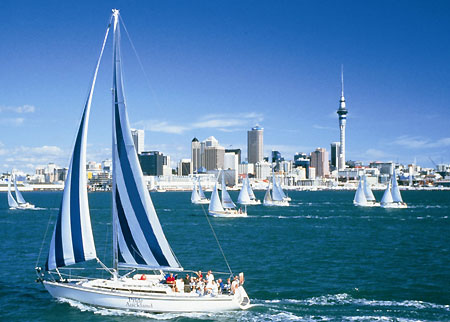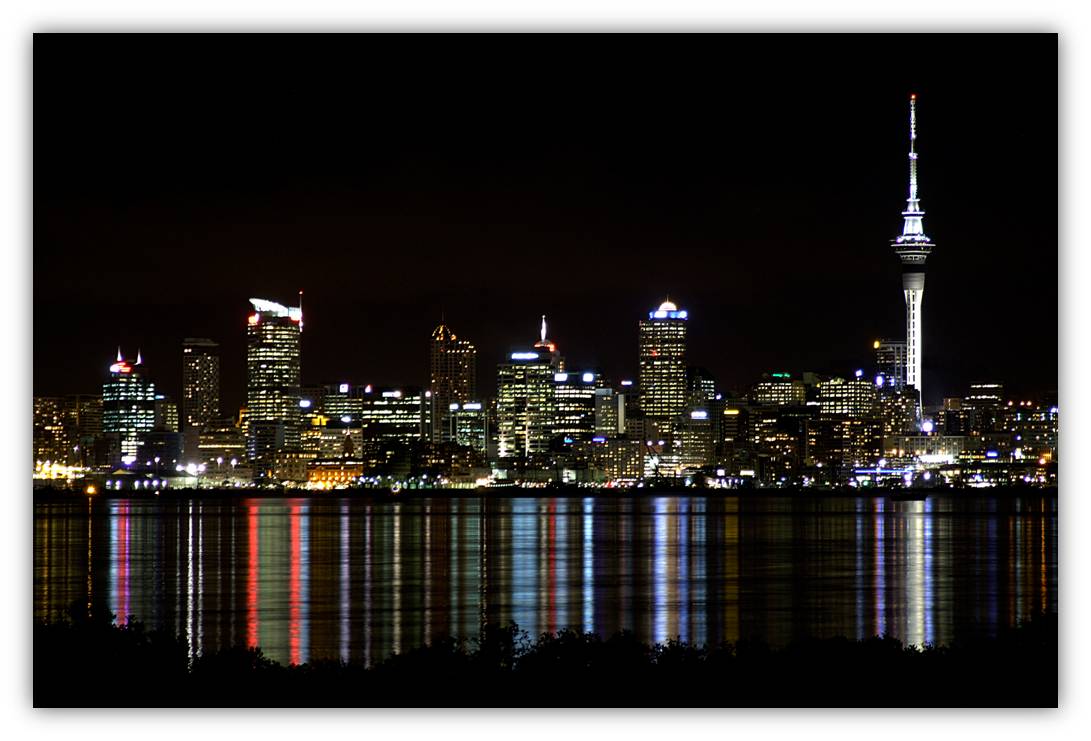- Study in AustraliaAustralian Universities/CollegesPrograms by faculty AusAustralian VisasLife in Australia
- Study In New ZealandNew Zealand UniversitiesPrograms by Faculty NZNew Zealand VisasLife in New Zealand
- Study in CanadaUniversities/Colleges in CANADAPrograms by faculty CanadaCanadian VisasLife in Canada
Auckland
Auckland
The Auckland metropolitan area in the North Island of New Zealand, is the largest and most populous urban area in the country with 1,377,200 residents, 31 percent of the country's population. Auckland has the largest Polynesian population of any city in the world.
Climate
Auckland has a warm-temperate climate, with warm, humid summers and mild, damp winters. Under Köppen's climate classification, the city has an oceanic climate. It is the warmest main centre of New Zealand and is also one of the sunniest, with an average of 2060 sunshine hours per annum.The average daily maximum temperature is 23.7 °C (74.7°F) in February, and 14.5°C (58.1°F) in July.
Cultures
Helen Clark, Prime Minister in this 2006 photo, being welcomed onto Hoani Waititi Marae in Glen Eden Auckland is home to many cultures. The majority of inhabitants claim European - predominantly British - descent, but substantial Māori, Pacific Islander and Asian communities exist as well. Auckland has the largest Polynesian population of any city in the world and a higher proportion of people of Asian origin than the rest of New Zealand. Ethnic groups from all corners of the world have a presence in Auckland, making it by far the country's most cosmopolitan city.

Religion
Similar to the rest of the country, over half of Aucklanders profess Christianity, but fewer than 10% regularly attend church and almost 40% profess no religious affiliation (2001 census figures). The main denominations are Roman Catholic, Anglican and Presbyterian. Pentecostal and charismatic churches are the fastest growing. A small community of Coptic Orthodox Christians is also present.Recent immigration from Asia has added to the religious diversity of the city, and about 10% of the population follow such beliefs as Buddhism, Hinduism, Islam and Sikhism, although there are no figures on religious attendance.
Economy
Most major international corporations have an Auckland office, as the city is the economic capital of the nation. The most expensive office space is around lower Queen Street and the Viaduct Basin in the Auckland CBD, where many financial and business services are located, which make up a large percentage of the CBD economy. A large proportion of the technical and trades workforce is based in the industrial zones of South Auckland. The largest commercial and industrial areas of Greater Auckland are in the southeast of Auckland City and the western parts of Manukau City, mostly bordering the Manukau Harbour and the Tamaki River estuary.

Education
Auckland has a number of important educational institutions, including some of the largest universities in the country. Auckland is a major centre of overseas language education, with large numbers of foreign students (particularly East Asians) coming to the city for several months or years to learn English or study at universities - although numbers New Zealand-wide have dropped substantially since peaking in 2003. As of 2007, there are around 50 NZQA certified schools and institutes teaching English in the Auckland area . Amongst the more important tertiary educational institutes are the University of Auckland, Auckland University of Technology, Massey University, Manukau Institute of Technology and Unitec New Zealand.
For more information, please contact one of our offices
Study in Australia | Study in the UK | Study in Malaysia | Study in Canada | Study in the USA | Study in New Zealand













